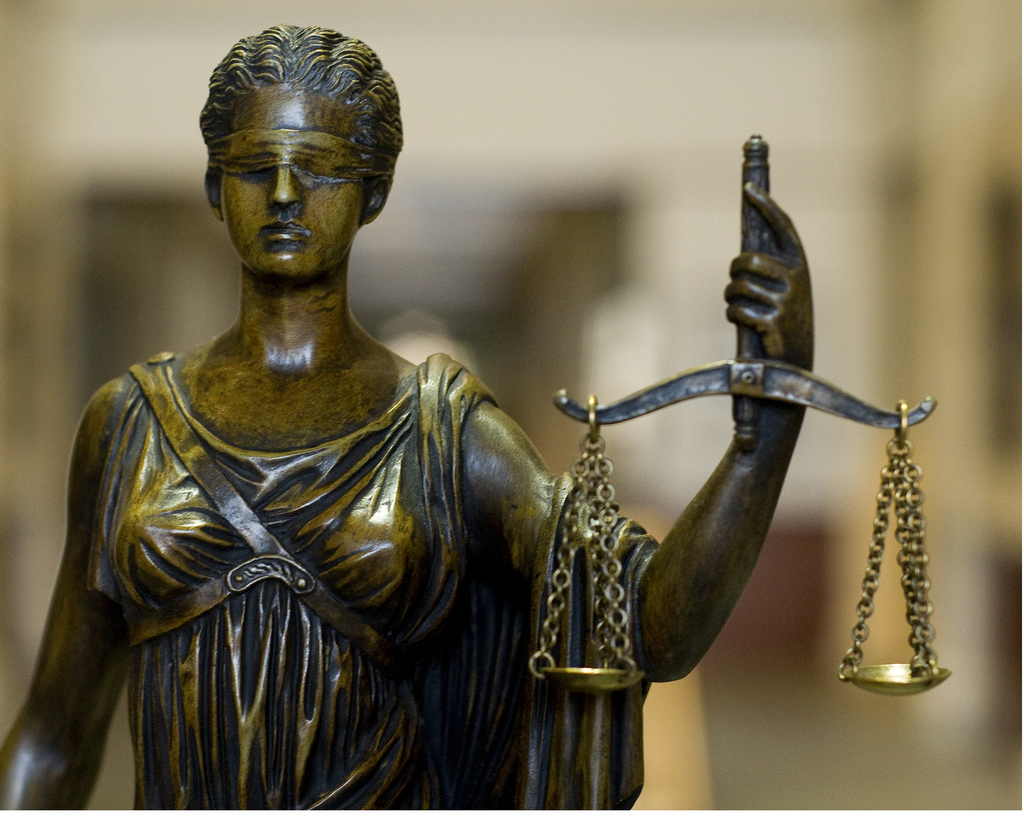I hear many Christians say that the church is not political; “We need to focus on the gospel not on public policy.”
Image by Scott*
I cannot read the Bible and the history of Christianity and go along with that. The prophets, and Jesus himself, were passionate about justice. The church today must rise up, finding courage and freedom to address—from the perspective of the Bible’s vision of the flourishing of all creation—issues of gun control, immigration, the environment, poverty, war, corporate greed, and racism in America, among other things.
I want to be part of a people who are willing to grapple with such things. Lord knows we won’t all agree. But agreement isn’t what I’m after as a pastor. Agreement can be too dull, too insular, too myopic. What we need is vigorous disagreement, real wrangling with things that matter from inside a covenant community—that is, a people who love each other and seek the truth, loving and appreciating even those with whom they don’t see eye to eye. In fact, they will love each other because they don’t see eye to eye and know that this is what’s important for helping them stay honest and moving in the direction of what God is up to in our world.
What I want to see in our churches is engagement—honest, open, passionate engagement. Only out of that kind of wrestling comes a new vision for the way forward.
The Bible itself is our model for this. The Bible is one great big wrestling match. Hundreds of voices over a thousand or more years of wrestling with what they see of God and what they see in the world around them. All of them trying to make sense of it and create a way for genuine human flourishing.
In a recent interview with seminary student, Mickey Jones, Old Testament theologian, Walter Brueggemann, moves us in this direction. At the end of the interview, Brueggemann sums up a bracing vision for the way people, serious about the Bible and Christian faith, might awaken to God’s summons to live the justice of God:
“The Gospel is a very dangerous idea. We have to see how much of that dangerous idea we can perform in our own lives. There is nothing innocuous or safe about the Gospel. Jesus did not get crucified because he was a nice man.”
The problem with Christianity today is that we’ve made Jesus too nice. Our churches are too nice. We’re too nice. (But there are plenty of grumpy Christians, you say. Yes, you’re right, but they’re largely grumpy about all the wrong things.) All the while the world struggles, creation withers, human lives teeter on the edge. Nicety may well be a toxic and demonic seduction in the American church.
This doesn’t give us license to be jerks. Joy and generosity ought to characterize our lives, even in the midst of our struggle for all that’s just and good. We ought to smile, even while we say: “No! That injustice must not continue; it’ll not remain uncontested—not as long as I’m alive.”

